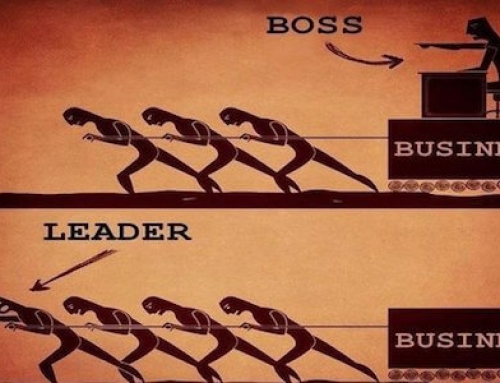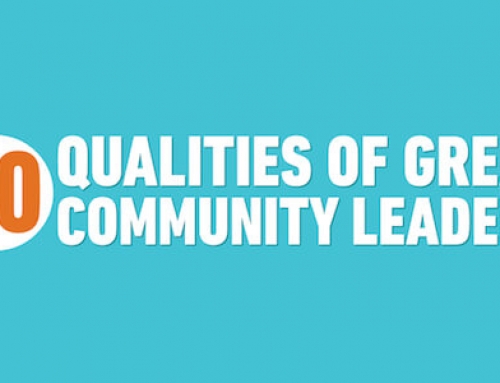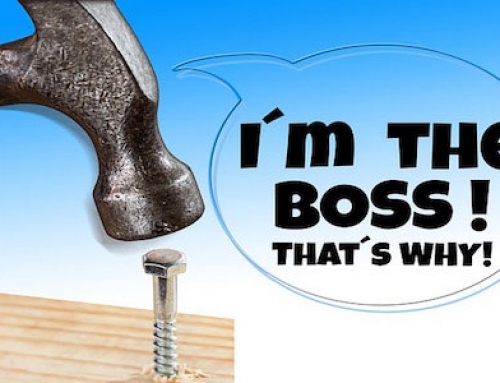Only two generations separate the leadership styles of Baby Boomers and Millennials. That generation gap has been enough to fundamentally shift the attitudes of the young people that are rising up to rule the world. Baby Boomers, coming out of post-war conservatism and recovery, had a pull-yourself-up-by-your-bootstraps philosophy of achievement earned through hard work. They worked tirelessly to provide the kind of life for their kids that they never had.
Generation Xers and Millennials have grown up with access to opportunities and an empowering philosophy that their parents and grandparents never knew. What result has this had on the leadership abilities of Millennials? Is their frame of reference really so different from that of the Baby Boomer generation of leaders? Let’s take a look at each group and see how things have shifted.
Baby Boomers
Raised by a generation who knew the realities of war, loss, and deprivation, Baby Boomers have built on the foundation that their parents set for them. Their lives have typically followed a predictable pattern that started with getting an education. They would then start a career just before or around the same time as getting married and work hard towards getting promotions. All of this, over time, led to feelings of self-achievement. This is important to note: self-achievement for Baby Boomers is the end result of their career, and lots of sacrifice is expected as being necessary to achieve it.
Traditionally, Baby Boomers exhibit fierce loyalty leadership styles to their employer. They accept that there is a chain of command that they must work their way up in order to obtain a leadership position. They work well in teams with others and show a determination to do whatever is necessary to climb to the top. The word “workaholic” is constantly applied to Baby Boomers, as long hours are seen as the price that must be paid in order to achieve success. Life is something to be enjoyed after the work is done.
Millennials
The foundation set for Millennials is one that has given them endless amounts of confidence and enthusiasm. Not only have they been encouraged to be whatever they want to be, they have an expectation that they will be exceptional at it. They have an entrepreneurial spirit. A Millennial is confident that they will start the company/build the website/invent the device that everyone will be talking about six months from now. Because of this attitude, Millennials leadership styles tend to stray from the pattern followed by Baby Boomers. They often put off marriage and family to advance their careers.
Attitudes about their careers differ from Baby Boomers, however: Millennials seek a feeling of self-achievement from their careers on day one. They don’t simply want to work; they need to feel that they are doing something important. They may move from one company to the next in order to seek this. Life isn’t something to be lived and enjoyed later; they must get a sense of purpose out of what they are doing right now. As a result of this, Millennials are much more focused on enjoying life than spending hours at the office in pursuit of monetary rewards. They’re much more compassionate leaders, as well, and want others to succeed and be happy.
What Does All This Mean for the Future?
Does this mean that Millennials don’t exhibit strong leadership skills? That they’re so focused on feeling good about what they’re doing that if the job is unpleasant, it won’t get done? This is hardly the case. What this all boils down to is that Millennials are a flexible bunch that will work hard to make the requirements of leadership styles that fits into their lifestyle. Although they may telecommute or leave the office by 5 p.m., they still ensure that the job gets done. Because they expect to achieve great things in a short period of time, they’re driven, creative, and very savvy when it comes to technology. Although their strategy may differ, their goal is the same as their Baby Boomer predecessors: Millennials want to make a better world for their children.










 Like on Facebook
Like on Facebook
 Follow on Twitter
Follow on Twitter
 Connect on LinkedIn
Connect on LinkedIn
 Send an e-mail
Send an e-mail



Leave A Comment